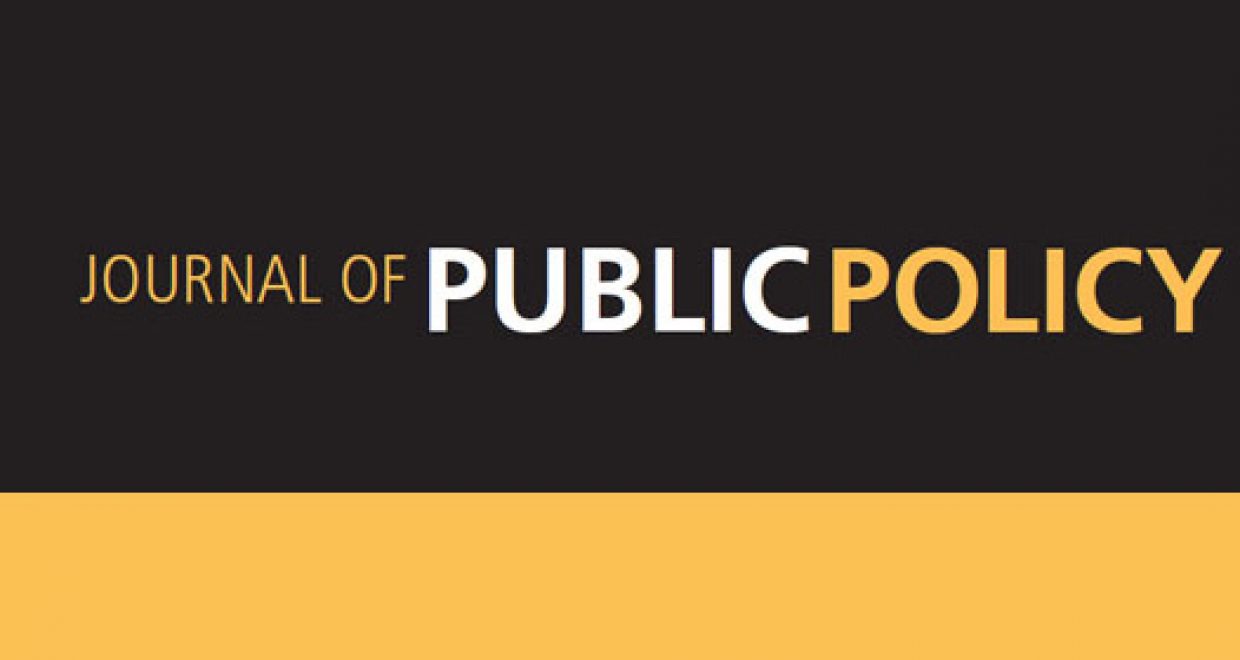Conservation for Nature and Wildlife’s Sake: The Effects of (Non-)Anthropocentric Ethical Justifications on Policy Acceptability
Human activities continue to degrade nature and encroach on wildlife’s habitats and undeveloped open areas. Concern for the environment appears to be increasing as indicated by numerous countries signing the international commitments to conserve 30% of land by 2030 (or 50% by 2050). However, the path to conserve such large swaths of land and sea within a couple years appears politically fraught and logistically complicated. Increasing public support, or at least minimizing resistance, for such conservation policies can increase the likelihood of passage and/or effective implementation. We study one framing factor—policy ethical justification—that appears to promote positive attitudes towards conservation policies, regardless of political identification.
According to philosophers, there are two primary ethical ways to justify conservation policies: anthropocentric, that nature matters to the extent it helps humans, and non-anthropocentric, that at least some aspects of nature matter for their own sakes. Based on recent bipartisan state bills passed in the US, both types of justifications have been utilized for wildlife infrastructure, i.e. overpasses, underpasses, and fencing to prevent car collisions with animals (in Colorado SJR21-021 and Utah HCR 13) and conservation area expansion (in Florida SB976). Using survey experiments, we examined if policy support is higher when people are informed that either a wildlife infrastructure or conservation expansion bill is passed on behalf of “nature and wildlife” or “humans and society” (or a control group without a justification).
Contrary to expectations, we find that the non-anthropocentric “nature and wildlife” justification increases policy support compared to the anthropocentric justification for both policy cases. Non-anthropocentric justification compared to no justification also increases support for the wildlife infrastructure case. These effects held regardless of political identification and environmental concern. Additionally, anthropocentric justification does not appear to increase support compared to the no justification/control group. On average, people were more positive towards conservation expansion than wildlife infrastructure, but this appears to be caused by self-identified and leaning democrats preferring conservation expansion compared to republicans. Meanwhile, the wildlife infrastructure was supported equally by people identifying with both parties. Since the 1990s, philosophers (see Bryan Norton and fellow pragmatists’ work) argued for human-oriented justifications for environmental policy in order to alienate fewer people and expedite the policy process. However, our research indicates people to at least some extent value nature for its own sake. Therefore, policy makers may be able to increase support by matching the ethical justification (i.e. wildlife and nature) with the environmental policy aim (i.e. conservation efforts). Further exploring which aspects of nature are intrinsically valued by the public and which policies can and should match those evaluations would be interesting and timely avenues for future research.
– Lauren Yehle, University of Gothenburg & Linköping University
– Patrik Michaelsen, University of Gothenburg
– Niklas Harring, University of Gothenburg
– Sverker C. Jagers, University of Gothenburg & Uppsala University
– The author’s Journal of Public Policy article can be read open access here.






